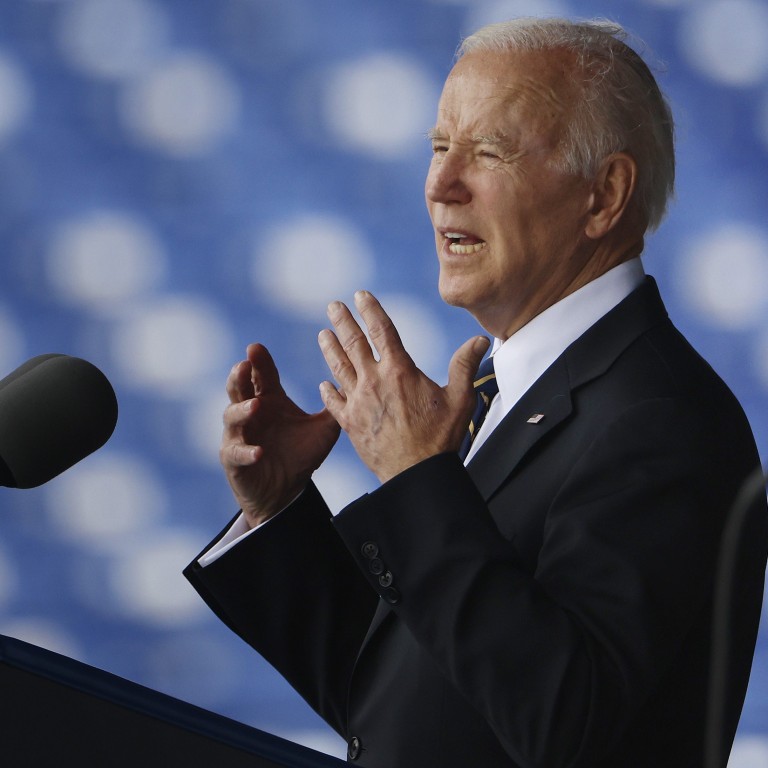
Letters | Why Xi wouldn’t have told Biden ‘autocracies will run the world’
- US President Joe Biden’s account of his phone call with Chinese leader Xi Jinping, in which Xi was said to have praised autocracy, may contain a mistranslation
“We’re living through a global struggle between autocracies and democracies,” Biden said in his speech. “I’ve met more with Xi Jinping than any other world leader has. When he called me to congratulate me on election night, he said to me what he said many times before.”
The president then quoted Xi as saying: “Democracies cannot be sustained in the 21st century. Autocracies will run the world. Why? Things are changing so rapidly. Democracies require a consensus, and it takes time, and you don’t have the time.”
Xi is wrong, Biden said.
If Biden’s quotation of Xi is correct, Xi’s views on autocracies are not only worrying for democracies around the world, but also at odds with the Chinese leadership’s own official doctrine.
The answer to this puzzle might lie in the confusion between two different Chinese expressions which are pronounced exactly the same: “concentration of power” (集权, or jiquan in pinyin) and “autocracy” (极权, also pronounced jiquan).
Xi may actually have been referring to “concentration of power” in his conversation with Biden, but the interpreter might have mistakenly translated the words as “autocracy” to Biden.
For example, in a speech to the party’s Central Committee members in 2018, Xi said “nothing could be achieved in this vast country and in this large party without upholding the authority of the party’s Central Committee”.
Therefore, “concentration of power”, not “autocracies”, should be what Xi referred to in his call with Biden.
Hao Tan, associate professor, University of Newcastle, Australia

